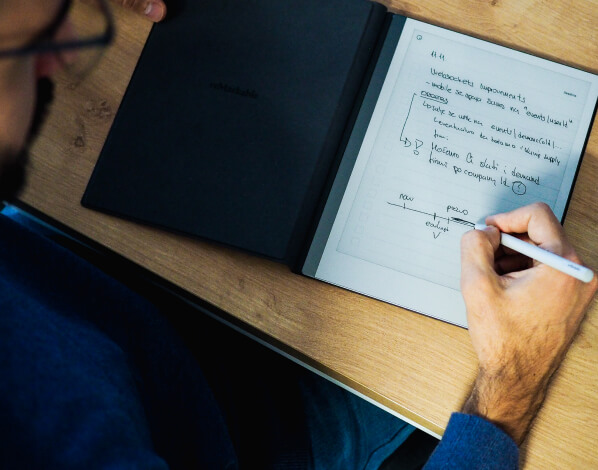What ten years of mobile development teaches you
What ten years of mobile development teaches you
10 years in Martian! What first brought you to M&M, and what made you stay?
Seems like I joined the team just yesterday. At the time, I had to decide if I would keep working on my student project with my friend or take the next step in my career and join a serious company. I was browsing Facebook and I saw Marko’s post. I knew it was a sign, and I applied for the job. One week later, I was part of the Martian team. From my very first day, I felt like I was working with friends, and that feeling has only grown stronger over the years. The people here are incredible, and I’m happy to be part of this team.
What’s your favorite project/venture you’ve worked on here?
I worked on many projects during all these years, but one that I remember the most is when we worked on a mobile SDK for encrypting health data. It was a challenging project for us because it was the first time we were doing something like that, and there was lot of researching and learning. Besides that, we often had to visit Berlin and we spent a few weeks there. I had a great time and enjoyed hanging out with my German coworkers.
How has your role evolved? How did Android development change during that time?
I started as a junior Android developer, but today, I consider myself a senior mobile developer. The industry has evolved so much that we can now write a single codebase that works across multiple platforms. Development today is completely different from when I started. Back then, there were very few online examples or tutorials, and many were outdated. We had to do a lot of experimenting on our own, which made learning both challenging and exciting.
What are the biggest challenges of developing Android apps for early-stage startups?
The biggest challenge is to set up the architecture so it is not complicated and helps us build things fast. Not everything has to be perfect at the beginning. Another important point is keeping the code simple enough for new developers to join the team and start contributing.
What do your collaborations with designers, backend engineers, and product teams look like?
I think it mostly looks like in every other team, but here we can have much more product-related input as developers. Before suggesting any ideas, I like to listen to everyone and do some research so I don’t waste anyone’s time. It’s important to be well-prepared and have solid arguments so that your suggestions are quickly validated and easily applied to the product.
What’s a valuable lesson you’ve learned from a work experience, good or bad?
For me, the lesson I learned is to focus on a goal, not on which tool we're going to use or how we're going to do it. We developers like to think that an app needs to have perfect code, but users don’t care about that. They only see if the app is useful for them and is working as they want. Everything else is not important; just focus on the goal.
After 10 years, what still excites you the most about your job?
What still excites me—even after ten years—is exactly what pulled me into development in the first place: that mix of creativity and practical problem-solving. I love seeing how the apps we build make people's lives easier, simplify their work, or tackle problems that really matter.
If you weren’t a developer, what do you think you’d be doing?
I've always enjoyed working with my hands. If I weren't developing software, I'd likely be building IoT systems—connecting physical devices to networks and creating smart automation solutions. I like the connection between hardware and software, and transforming regular devices into smart ones.

